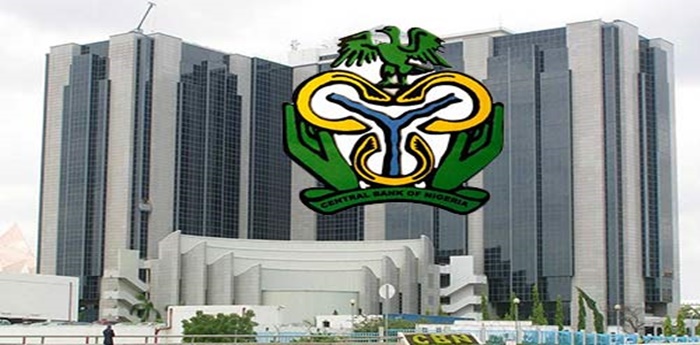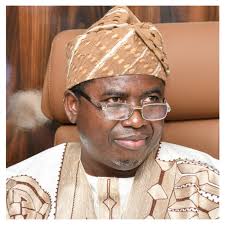The Central Bank of Nigeria (CBN) on Tuesday retained its benchmark interest rate, the Monetary Policy Rate (MPR), at 27.5 per cent for the second consecutive time, along with other key monetary policy parameters.
The decision reflects a cautious stance by the apex bank, indicating emerging signs of macroeconomic stability and growing investor confidence.
The Monetary Policy Committee (MPC), which concluded its second two-day meeting of the year in Abuja, reached a unanimous decision to maintain the MPR at 27.5 per cent.
It also voted to retain the asymmetric corridor around the MPR at +500/-100 basis points, the Cash Reserve Ratio (CRR) of Deposit Money Banks at 50 per cent, CRR for Merchant Banks at 16 per cent, and the Liquidity Ratio at 30 per cent.
Governor of the CBN, Olayemi Cardoso, said the decision was based on the MPC’s observation of relative improvements in key macroeconomic indicators. These, he noted, are expected to support further moderation in inflation in the near to medium term.
According to him: “The MPC noted the progressive narrowing of the gap between the Nigerian Foreign Exchange Market (NFEM) and Bureau De Change (BDC) windows, a positive balance of payments position, and the easing prices of Premium Motor Spirit (PMS) as encouraging signs of macroeconomic progress”.
Despite these gains, the Committee acknowledged that underlying inflationary pressures remain, driven largely by high electricity tariffs, sustained demand pressure in the foreign exchange market, and other long-standing structural challenges.
“The Committee took note of new policies introduced by the Federal Government to boost local production, which should help reduce pressure on foreign currency demand and lessen the pass-through effects on domestic prices,” Cardoso added.
Recent data from the National Bureau of Statistics (NBS) shows that Nigeria’s headline inflation eased to 23.7 per cent in April, down from 24.2 per cent in March, a development the MPC considers a positive signal.









